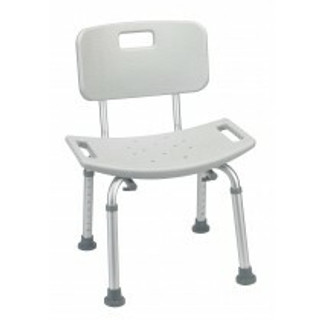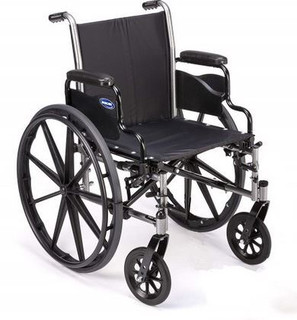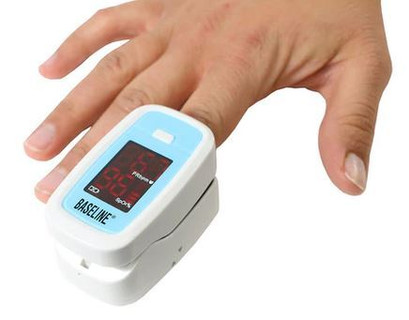When Is It Time to Replace a Caregiver?
Hiring a caregiver for a loved one is a significant decision, one that requires trust, patience, and thorough evaluation. But what happens when the caregiver you hired is no longer the right fit? Recognizing when it’s time to replace a caregiver is crucial to ensuring the well-being of your loved one. Here are some key signs that indicate a change may be necessary.
1. Decline in Quality of Care
A caregiver’s primary responsibility is to provide attentive, compassionate, and consistent care. If you notice a decline in hygiene, nutrition, medication management, or general well-being of your loved one, it may be a red flag. Any signs of neglect or lack of engagement in their duties should be taken seriously.
2. Unreliability and Frequent Absences
A dependable caregiver should be punctual and present when needed. If they frequently arrive late, miss shifts, or call out excessively, it can disrupt the care routine and cause undue stress for both you and your loved one. Unreliability is a strong indicator that it may be time to consider a replacement.
3. Behavioral or Attitude Changes
A caregiver should maintain a positive and professional demeanor. If you notice irritability, impatience, or a negative attitude, it can affect the emotional well-being of the person in their care. Any form of verbal abuse, passive-aggressive behavior, or a lack of empathy should not be tolerated.
4. Breach of Trust
Trust is the foundation of a caregiver-client relationship. If there are concerns regarding dishonesty, theft, inappropriate behavior, or unauthorized guests in the home, it is imperative to take immediate action. A caregiver must be someone who respects boundaries and upholds integrity.
5. Lack of Compatibility
Even if a caregiver is skilled and professional, sometimes the chemistry between them and your loved one just isn’t right. If your loved one consistently expresses discomfort, anxiety, or frustration around their caregiver, it may be worth evaluating whether a different caregiver could better meet their needs.
6. Resistance to Feedback
A good caregiver should be open to feedback and willing to improve their approach based on family concerns. If they are defensive, dismissive, or unwilling to adjust their methods, it may be a sign that they are not the right fit for your situation.
7. Safety Concerns
Any situation that poses a potential danger to your loved one is a non-negotiable reason for replacement. If the caregiver is not following safety protocols, leaving your loved one unattended when they should not be, or engaging in risky behaviors, immediate action should be taken.
What to Do Next?
If you’ve identified one or more of these warning signs, it’s essential to act promptly while ensuring a smooth transition. Start by having an honest conversation with the caregiver about your concerns. If the issues persist, begin the process of finding a suitable replacement. Work with a reputable agency or thoroughly vet independent caregivers to ensure you find someone who aligns with your expectations.
Your loved one’s well-being and safety should always come first. Recognizing when it’s time to replace a caregiver is not easy, but making the right decision will ultimately lead to better care and peace of mind for everyone involved.
Look to SafeWell Medical Supply for all your medical supply needs. We feature fast and free shipping.




















